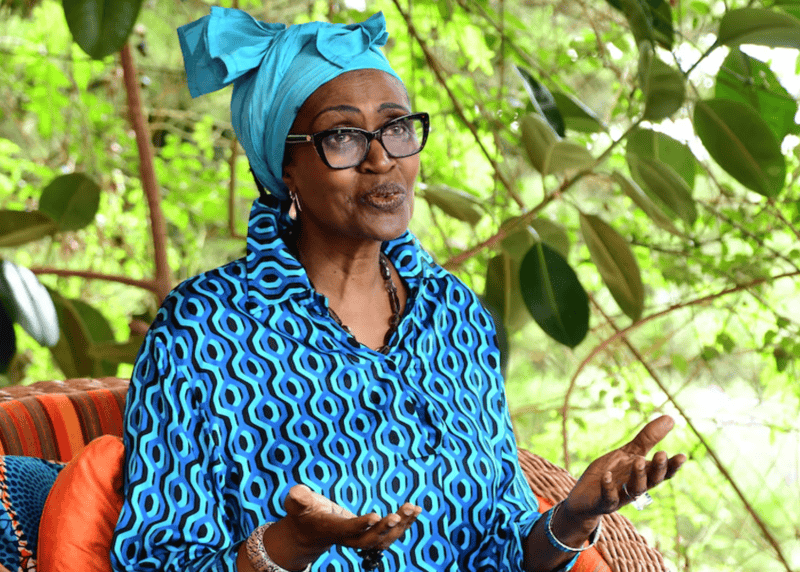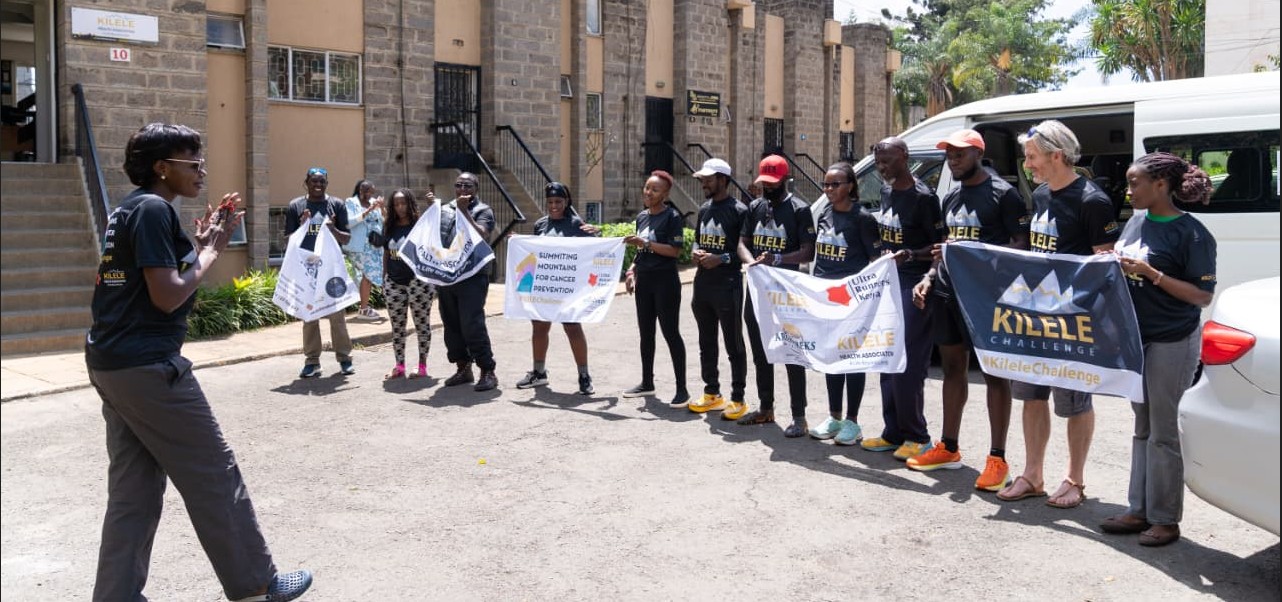KNBS faces major hurdle in conducting repeat census after court ruling

The 2019 census was the sixth such exercise since Kenya's independence and involved a complex process that took years of preparation.
The Kenya National Bureau of Statistics (KNBS) is facing a challenge in executing a court-ordered repeat census for parts of North Eastern Kenya.
This comes after a ruling that cancelled the 2019 census results in Wajir, Mandera, and Garissa counties.
More To Read
According to KNBS Director General Macdonald George Obudho, the task of conducting a new census within a year is daunting, as planning for such an operation usually takes up to four years.
Obudho noted that the situation will require substantial resources and extensive planning.
To address the court's directive, KNBS will begin technical meetings next week to discuss how to implement the ruling.
The bureau is also considering legal options as it works to navigate the situation.
"I will not start from 2019, but I will go back to the 2009 census. This is where the problem started. It was noted that the numbers were seriously exaggerated for certain places," Obudho said.
The issues with census numbers trace back to 2009 when some regions saw their data flagged for inaccuracies.
During the release of the 2009 census results, then Minister for Planning and National Development, Wycliffe Oparanya, dismissed results from eight districts, including parts of Garissa, Mandera, Wajir, and Turkana.
Legal battle
This sparked a lengthy legal battle that was eventually settled in the Court of Appeal, which allowed the numbers to be adjusted for accuracy.
"It was a court battle for a number of years, and finally, the Court of Appeal allowed the bureau to use the smoothened numbers. So, we were able to smoothen the numbers to conform to reality. Remember, we are benefiting from the consistency of Kenyan censuses that have been done," Obudho reflected on the legal struggle.
However, in 2020, the 2019 census results were again challenged in court. A group of petitioners, led by Abdullahi Bashir Sheik, claimed that the census figures were inaccurate and impacted the social, economic, and political standing of the affected communities.
They argued that the changes in population numbers were deliberate and skewed the allocation of resources.
"The 2009 numbers that are being referred to, which are being used for comparison to give a feeling that the 2019 numbers are suppressed, are the wrong numbers of 2009, which were extremely high," Obudho added.
The 2019 census was the sixth such exercise since Kenya's independence and involved a complex process that took years of preparation.
This included drafting proposals, mapping out enumeration areas, recruiting and training staff, and piloting the process.
The entire procedure usually spans four years before the actual census is conducted and the results are made public.
Given this extensive preparation process, the court's one-year timeline for a repeat census in the affected counties poses a serious challenge.
"I have called for a meeting on Monday where we are going to look at the issues raised by the court and the directive given, get to see how we are going to do it, what resources we will require, and what timelines we will employ so that everything falls within the one year. The other complication we have is that we have already started working on the census of 2029," Obudho explained.
Top Stories Today














































